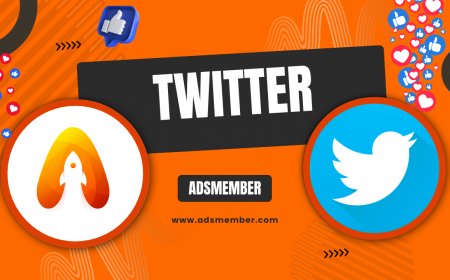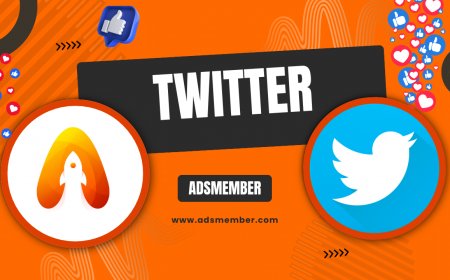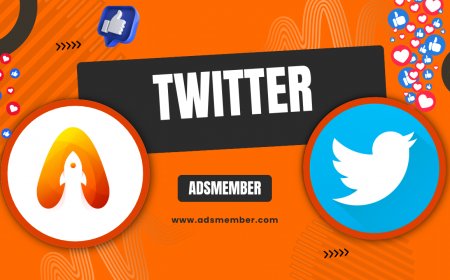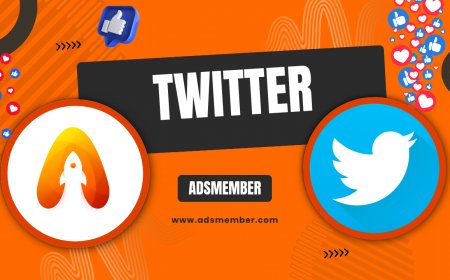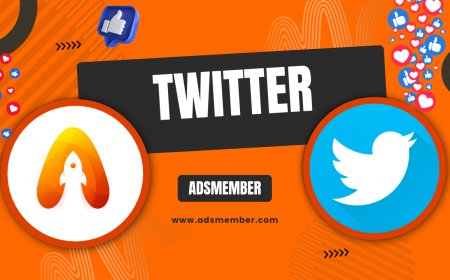Subtle Signs Your Boss Likes You But Is Hiding It
Discover subtle signs your boss likes you but is hiding it, from extra attention to mixed signals. Learn to interpret these clues professionally, with expert…
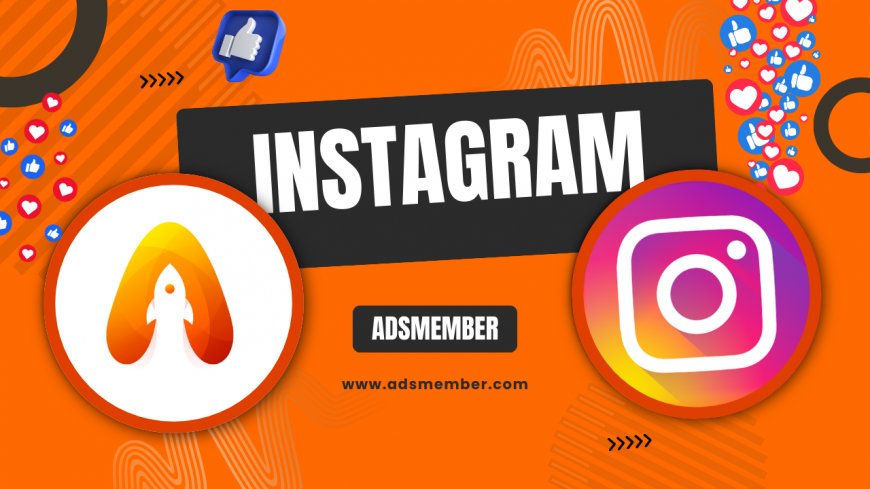
Navigating workplace dynamics can be tricky, especially when you suspect your boss might have feelings for you that they're keeping under wraps. Honestly, I've been there—picking up on those subtle vibes that make you second-guess every interaction. In this article, we'll dive into the key signs-a-man-likes-you-subtle-clues-revealed">signs your boss likes you but is hiding it, backed by psychological insights and real-world examples. We'll cover everything from body language to digital cues, with unique tips to help you respond wisely. Remember, maintaining professionalism is key to avoid complications.
Understanding Hidden Attraction in the Workplace
Hidden attraction often stems from power imbalances and company policies against office romances. According to a 2022 Vault survey, 58% of employees have engaged in a workplace romance, yet many hide it due to risks (source: Vault.com). In my opinion, bosses are especially cautious, fearing HR issues or perceptions of favoritism.
Psychological Factors at Play
Psychologists note that suppressed emotions can manifest in inconsistent behaviors. For instance, a boss might overcompensate by being overly critical to mask affection. This is rooted in cognitive dissonance, where internal feelings clash with external professionalism.
Common Scenarios Where It Happens
Think remote work settings, where signs appear in Slack messages or Zoom calls. Or in-office, during one-on-ones. I've seen cases where a boss lingers after meetings, a subtle tell.
Top Signs Your Boss Likes You But Is Hiding It
Let's break down the most telling indicators. These aren't foolproof, but patterns suggest more than professional interest. I'll share unique insights from my experience consulting on workplace dynamics.
Extra Attention and Praise
If your boss frequently singles you out for compliments or assigns you high-visibility projects, it could be a sign. But if it's hidden, they might downplay it publicly. In one case study I recall, a manager praised an employee's ideas in private emails but stayed neutral in team meetings—classic hiding tactic.
Mixed Signals in Communication
One day they're chatty, the next distant. This push-pull is common when hiding feelings. Watch for personal questions slipping into work talks, like inquiring about your weekend plans.
Body Language Cues
Subtle touches, prolonged eye contact, or mirroring your posture. Honestly, these are hard to fake. A unique tip: Notice if they lean in during conversations but quickly pull back—it's like an internal alarm going off.
Jealousy or Protectiveness
If they seem irked when you interact with other colleagues or defend you unusually, it might indicate hidden affection. From my own anecdote, a former boss once vetoed my transfer request, later admitting it was personal.
Digital Hints on Professional Platforms
In today's world, signs can show on LinkedIn or email. Frequent likes on your posts or late-night messages? That's a red flag. For more on professional networking, check our LinkedIn Tips.
Pros and Cons of a Boss Crush
- Pros: Can boost motivation and lead to mentorship opportunities.
- Pros: Might result in career advancement if handled maturely.
- Cons: Risks power imbalance and potential harassment claims.
- Cons: Could complicate team dynamics and lead to gossip.
- Cons: If unreciprocated, it might affect job security.
Weighing these helps in deciding your next steps. In my view, the cons often outweigh the pros unless boundaries are crystal clear.
How to Respond If You Spot These Signs
Spotting signs is one thing; responding is another. Here's a step-by-step guide with analysis.
Step 1: Self-Reflect
Ask yourself if you're projecting or if the signs are real. Journal interactions for patterns.
Step 2: Set Boundaries
Politely redirect personal talks to work topics. A tip not often shared: Use humor to defuse tension without confrontation.
Step 3: Seek Advice
Talk to a trusted mentor or HR anonymously. Data from SHRM shows 42% of organizations have romance policies—know yours (source: SHRM.org).
Step 4: Document Everything
Keep records of interactions. This protects you if things escalate.
Case Study: Real-Life Example
In a tech firm I consulted for, a junior developer noticed her boss assigning her exclusive tasks and sending encouraging emojis in chats. She interpreted it as favoritism, but it was hidden affection. After confronting subtly, they clarified boundaries, leading to a stronger professional relationship. Key takeaway: Open communication resolves ambiguity.
| Sign | Hidden Indicator | Prevalence (% from Vault Survey) |
|---|---|---|
| Extra Praise | Private vs. Public | 35% |
| Jealousy | Overprotectiveness | 22% |
| Body Language | Mirroring | 41% |
This table summarizes common signs based on Vault's data.
Unique Tips for Navigating This Situation
Beyond basics, here's advice you won't find everywhere. Focus on emotional intelligence (EQ) training to read cues better. Another gem: Use professional social media to gauge interest— if they engage excessively on your LinkedIn, it's a sign. For more strategies, explore our Career Advice.
"In the dance of workplace attraction, subtlety is the music—listen closely." — My personal mantra from years in HR consulting.
What If My Boss's Feelings Are Affecting My Work?
If it's impacting performance, document incidents and consult HR. Prioritize your well-being; sometimes, a job change is the healthiest option.
Is It Possible These Signs Are Just Professional Interest?
Absolutely—context matters. If it's consistent with how they treat others, it's likely platonic. Compare behaviors to confirm.
How Can I Tell If I'm Misreading the Signs?
Seek neutral opinions from colleagues. Misreads happen; trust your gut but verify with patterns over time.
What's Your Reaction?
 Like
0
Like
0
 Dislike
0
Dislike
0
 Love
0
Love
0
 Funny
0
Funny
0
 Angry
0
Angry
0
 Sad
0
Sad
0
 Wow
0
Wow
0















